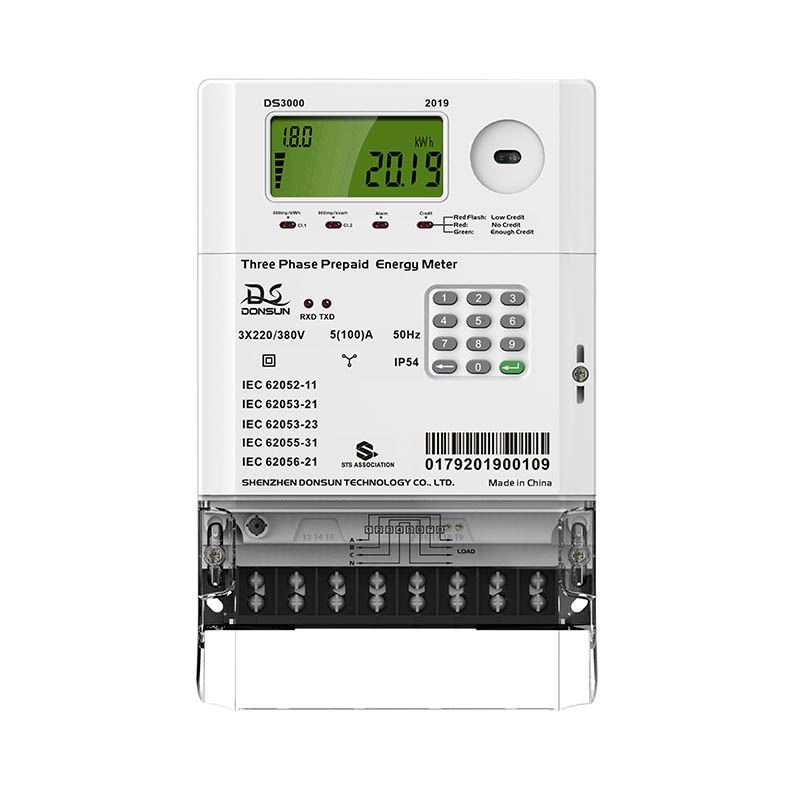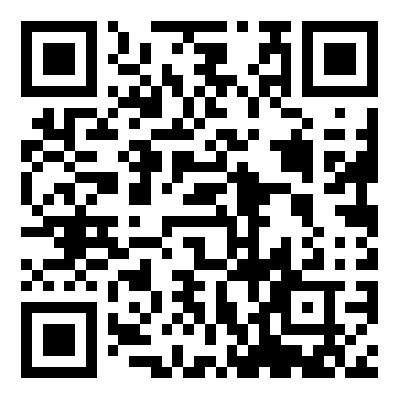Fortifying the Grid: Security Measures in GPRS Wireless Energy Meters
2023-12-12
Introduction:
As our world becomes increasingly interconnected, the security of data in energy monitoring applications is of paramount importance. GPRS (General Packet Radio Service) Wireless Energy Meters, designed to usher in a new era of connectivity and real-time data transmission, prioritize robust security measures to protect against unauthorized access and potential data breaches. In this blog, we'll delve into the intricate layers of security implemented in GPRS Wireless Energy Meters, ensuring the integrity and confidentiality of sensitive energy consumption data.
1. Encryption Protocols:
One of the foundational security measures in GPRS Wireless Energy Meters is the implementation of robust encryption protocols. All communication between the meters and central systems is encrypted, ensuring that data transmitted over the airwaves is indecipherable to unauthorized entities. This cryptographic layer safeguards against eavesdropping and interception attempts.
2. Authentication Mechanisms:
Authentication plays a crucial role in verifying the legitimacy of access to energy consumption data. GPRS-enabled meters employ advanced authentication mechanisms, requiring secure credentials for any interaction. This two-factor authentication ensures that only authorized personnel can access and control the meters, preventing unauthorized entities from tampering with critical systems.
3. Secure Access Controls:
GPRS Wireless Energy Meters implement secure access controls to govern who can interact with the meters and the data they transmit. Access permissions are meticulously configured to restrict entry points and functionalities based on user roles. This ensures that only authorized personnel have the necessary privileges to monitor, configure, or control the meters.
4. Firewalls and Intrusion Detection Systems:
To fortify the perimeter defense, GPRS-enabled meters often incorporate firewalls and intrusion detection systems. Firewalls filter and monitor incoming and outgoing data, preventing unauthorized access. Intrusion detection systems act as vigilant sentinels, promptly identifying and responding to any suspicious or anomalous activities, safeguarding the integrity of the energy monitoring network.
5. Secure Boot and Firmware Integrity Checks:
To protect against tampering and unauthorized modifications, GPRS Wireless Energy Meters often employ secure boot processes. These processes ensure that only authenticated and unaltered firmware is executed during device startup. Additionally, periodic integrity checks verify the integrity of the firmware, detecting and mitigating any attempts at unauthorized alterations.
6. End-to-End Encrypted Communication:
Beyond encryption during data transmission, GPRS technology in energy meters ensures end-to-end encryption. This means that data remains encrypted not only during its journey through the airwaves but also at rest within the meter and during storage in centralized systems. End-to-end encryption guarantees that even if unauthorized access occurs at any point, the encrypted data remains unreadable.
7. Regular Security Audits and Updates:
GPRS Wireless Energy Meters benefit from regular security audits and updates. Manufacturers conduct thorough assessments of the security infrastructure, identifying and addressing potential vulnerabilities. Timely software and firmware updates are deployed to patch any discovered vulnerabilities, ensuring that the security measures evolve to counter emerging threats.
8. User Training and Awareness:
While technological measures are crucial, the human element is equally important in securing GPRS-enabled energy meters. Training and creating awareness among users and administrators about security best practices, password hygiene, and potential threats contribute to a holistic security strategy. This ensures that individuals interacting with the meters are an active line of defense against unauthorized access.
Conclusion:
In conclusion, GPRS Wireless Energy Meters are fortified with a multi-layered security architecture to protect against unauthorized access and data breaches. From encryption and authentication to access controls and regular security audits, each measure contributes to the overall resilience of these systems. As the energy landscape becomes increasingly interconnected, the commitment to robust security ensures that GPRS-enabled energy meters stand as reliable guardians of sensitive consumption data in the pursuit of efficient and secure energy management.



